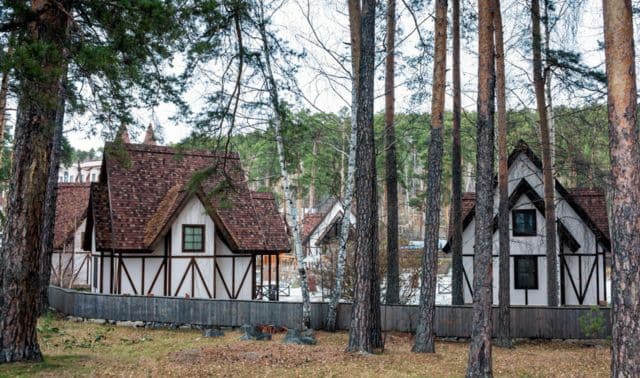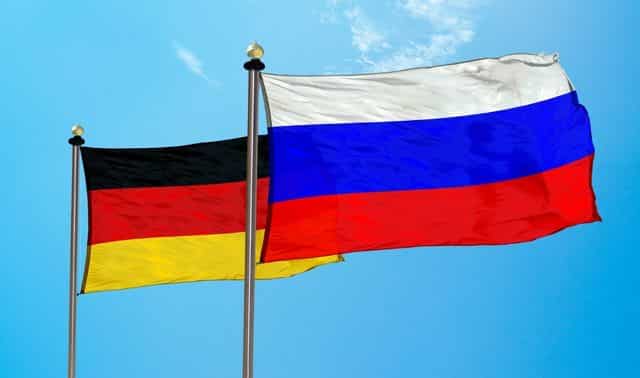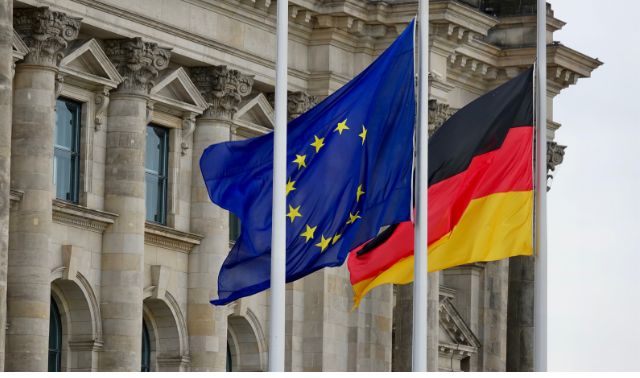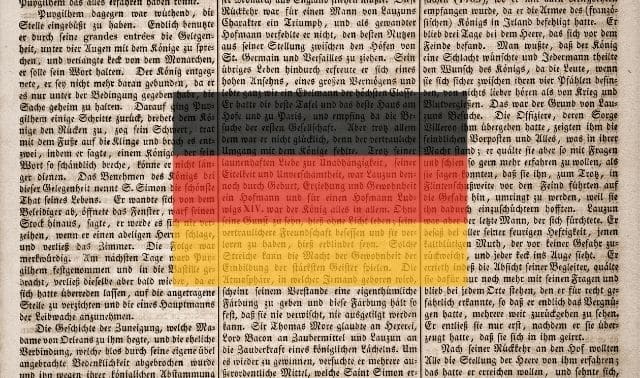Sign up for the Family Tree Newsletter Plus, you’ll receive our 10 Essential Genealogy Research Forms PDF as a special thank you!
Get Your Free Genealogy Forms
"*" indicates required fields

Genealogists use “time and place” to determine what records exist for a particular era and locality of interest. But this tried-and-true principle applies to the present day, too, in a way. Though the “time” is the same, genealogy itself is different based on where you’re researching. Genealogy in Germany, for example, significantly differs from genealogy in the United States in a few interesting ways:
- The gender balance is reversed in Germany, where a larger percentage of genealogists are men. In the United States, women typically make up a majority of genealogists.
- Most Americans focus mostly on direct-line ancestry, tracing their ancestors “up the stovepipe” to German-speaking Europe and taking those lines back as far as possible. But Germans take a more collateral approach to family research. Genealogists in Germany want to learn how their ancestors and their families (siblings, cousins, etc.) fared upon leaving for the United States. This likely reflects the direction of the immigration flow.
- As a whole, German genealogists are less likely to turn to DNA tests than their American counterparts. Many cite Nazi Germany’s misuse of science and genetics. Indeed, genealogy had a bad reputation for decades after World War II. Before and during the war, some Germans compiled pedigrees to “prove” their Aryan descent.
But German and American genealogists share a penchant for coming together for research—Germans even more so, given their stereotypically meticulous nature. Today, the German genealogy society with the largest membership is the Verein für Computergenealogie (in English, the “Society for Computer Genealogy”). In addition, an umbrella group of about 60 societies, called the DAGV, short for Deutsche Arbeitsgemeinschaft Genealogischer Verbände (“German Union of Genealogical Associations”), functions much like the US-based Federation of Genealogical Societies.
Genealogists in Germany have formed many other local and regional groups with varying degrees of formal organization. I’ll discuss some of those German genealogy groups—including how they can help US researchers—in a future blog post.
ADVERTISEMENT
ADVERTISEMENT




